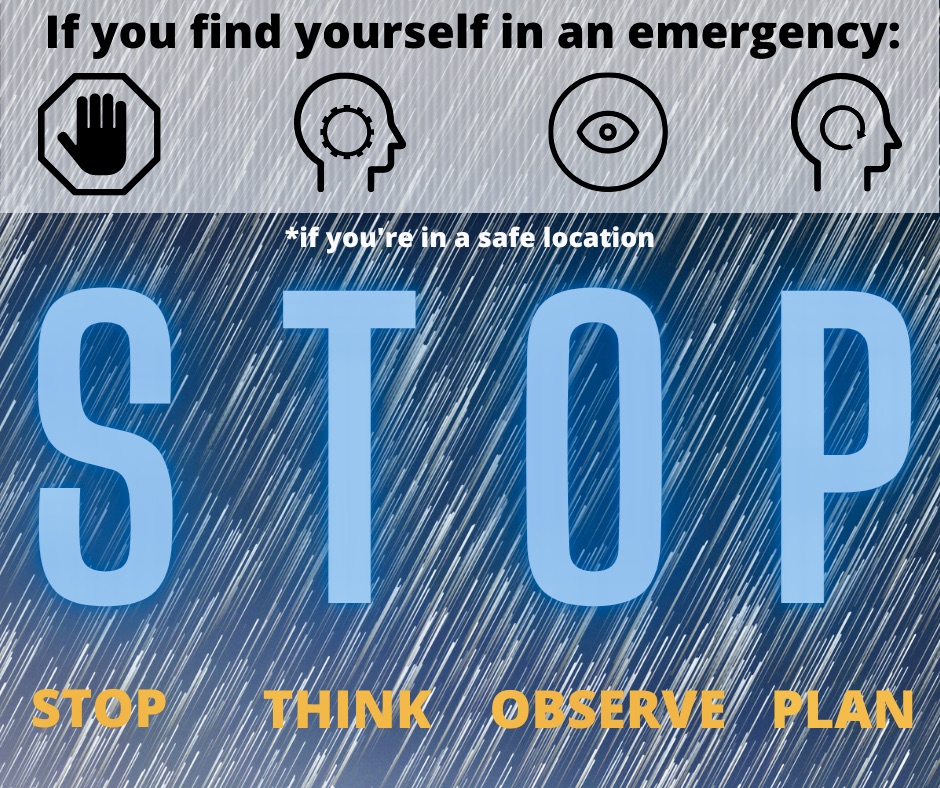There’s plenty to see and do in beautiful British Columbia.

However, if you plan on heading outdoors, either for a simple hike or snowmobiling in the backcountry, B.C. Search and Rescue says outdoor enthusiasts should remember this simple term: S.T.O.P.
It stands for Stop, Think, Observe and Plan, and it comes in quite handy when someone becomes lost or disoriented.
“No matter how big or small your adventure is, if there’s an emergency and you’re confused and need help, you can manage your risk by applying the S.T.O.P. analogy,” said Sandra Riches, executive director of B.C. AdventureSmart, which is part of B.C. Search and Rescue.
“Stop. Think. Observe. Plan. It puts you through the paces. It allows you to manage risk and address any emergency and communicate with first responders.”
This month, two outdoor enthusiasts on snowbikes in the Okanagan needed rescuing after an unexpected mechanical breakdown. The two stayed put, which B.C. Search and Rescue lauded.

Get daily National news
“It was great to see the enthusiasts stayed put,” BCSAR told Global News. “That helps (greatly) SAR to find subjects faster and often in better condition.”

“It’s always harder (for search teams to find you) if you move,” said Riches. “Imagine that search and rescue is a very large scenario of hide and seek. And this time, you want to be found.
“The more that you stay put — stay in your location, manage your risk or help someone — stopping helps you figure that out. If you move, more than not, places you in a more dangerous situation.”
Riches said the top three reasons why B.C. Search and Rescue agencies get called out are injuries, getting lost or disoriented and exceeding one’s ability.
B.C. AdventureSmart offers face-to-face outdoor education and online training as well.
More information can be found on AdventureSmart’s website.






Comments
Want to discuss? Please read our Commenting Policy first.